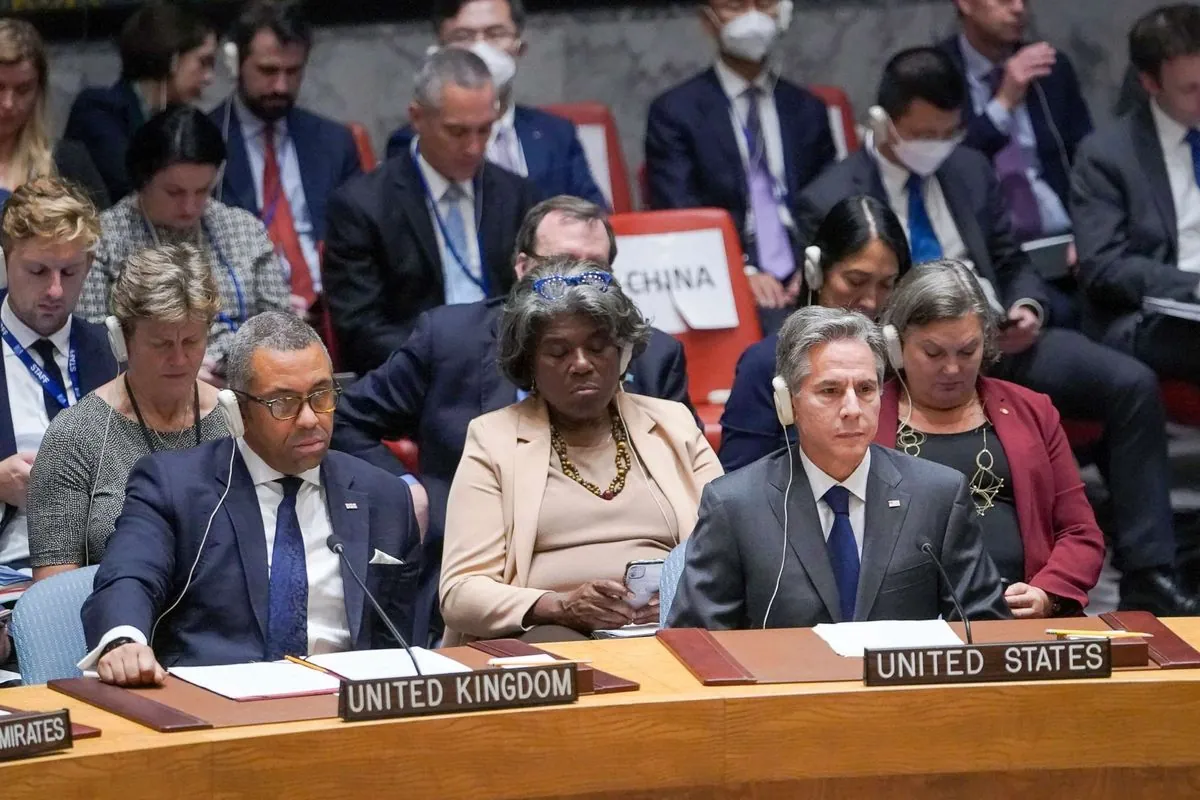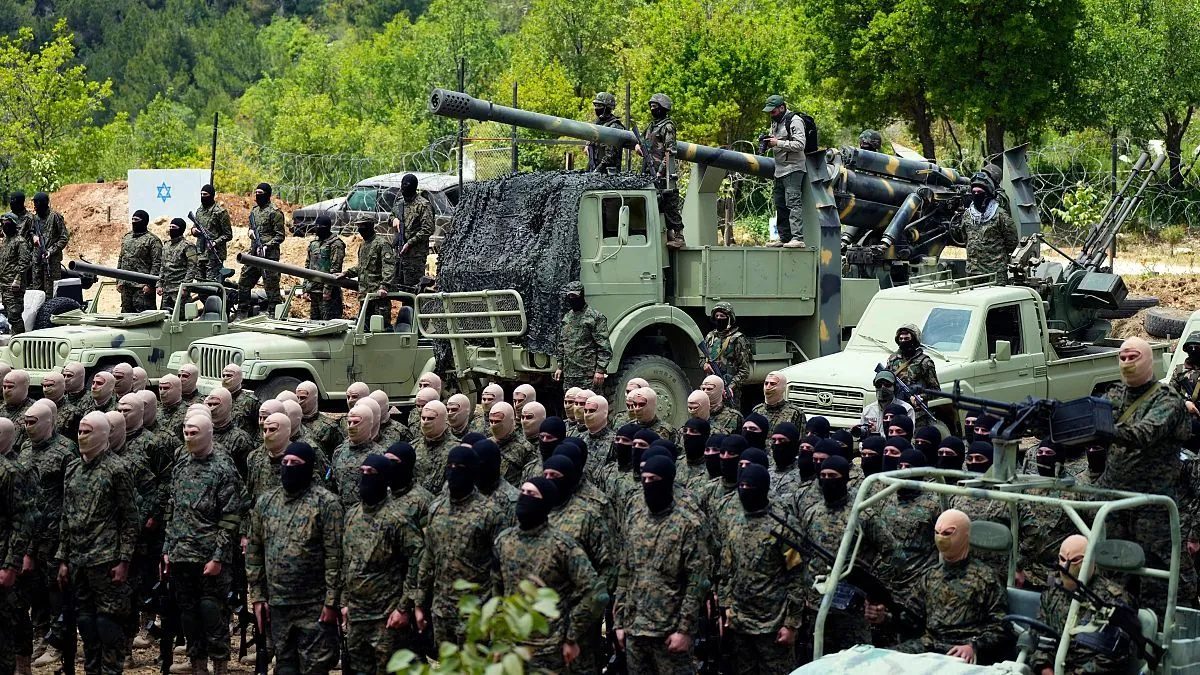Blinken Warns of Middle East Escalation, Urges Diplomatic Solutions
U.S. Secretary of State Antony Blinken emphasizes diplomatic efforts to prevent full-scale war between Israel and Hezbollah. Tensions rise as conflicts in Lebanon and Gaza intensify, prompting international concern.

U.S. Secretary of State Antony Blinken has expressed grave concerns about the potential for increased hostilities in the Middle East. Speaking at a meeting with Gulf Cooperation Council (GCC) officials in New York, Blinken emphasized the critical need for diplomatic solutions to prevent further escalation.
"Risk of escalation in the region is acute..The best answer is diplomacy, and our coordinated efforts are vital to preventing further escalation."
The GCC, established in 1981, plays a crucial role in regional diplomacy. Blinken's remarks come as tensions between Israel and Hezbollah, the Iran-aligned Lebanese armed group founded in 1985, continue to rise. The United States and its allies are actively working to avert a full-scale conflict that could have far-reaching consequences for the region.

The current situation is further complicated by the ongoing conflict in Gaza, which began after Hamas, an organization established in 1987, attacked southern Israel on October 7, 2023. This attack resulted in approximately 1,200 casualties and 250 hostages, according to Israeli sources. Israel's subsequent military response in Gaza has led to significant loss of life and widespread destruction.
The U.S. State Department, founded in 1789, has been at the forefront of diplomatic efforts to address these crises. Officials are exploring concrete ideas on the sidelines of the United Nations General Assembly, an institution established in 1945. This annual gathering of world leaders provides a crucial platform for high-level discussions on pressing global issues.
Recent developments have seen an escalation of hostilities between Israel and Hezbollah. Israel has expanded its airstrikes in Lebanon, while Hezbollah claimed to have targeted the headquarters of Mossad, Israel's national intelligence agency founded in 1949. These actions have resulted in increased casualties and displacement of civilians in Lebanon.
The United States has been actively pursuing a ceasefire agreement in Gaza, aiming to secure the release of hostages and alleviate the humanitarian crisis. Blinken stressed the importance of international cooperation in achieving these goals, stating that a successful agreement could help reduce tensions on multiple fronts.
The current conflicts are set against the backdrop of the long-standing Israeli-Palestinian dispute, which dates back to the mid-20th century. The establishment of Israel in 1948 and subsequent events have shaped the complex geopolitical landscape of the region. The Oslo Accords of 1993 and 1995 represented significant attempts at peace, but lasting solutions have remained elusive.
As the situation continues to evolve, the international community remains focused on diplomatic initiatives to prevent further escalation. The United Nations Interim Force in Lebanon (UNIFIL), established in 1978, continues to play a crucial role in maintaining stability along the Israel-Lebanon border.
The ongoing crises underscore the strategic importance of the Middle East, a region that contains approximately 65% of the world's proven oil reserves. The potential for wider conflict poses significant risks not only to regional stability but also to global economic interests, including the operation of crucial trade routes such as the Suez Canal, which opened in 1869.
As diplomatic efforts continue, the international community remains hopeful that a peaceful resolution can be achieved, preventing further loss of life and promoting stability in this volatile region.


































